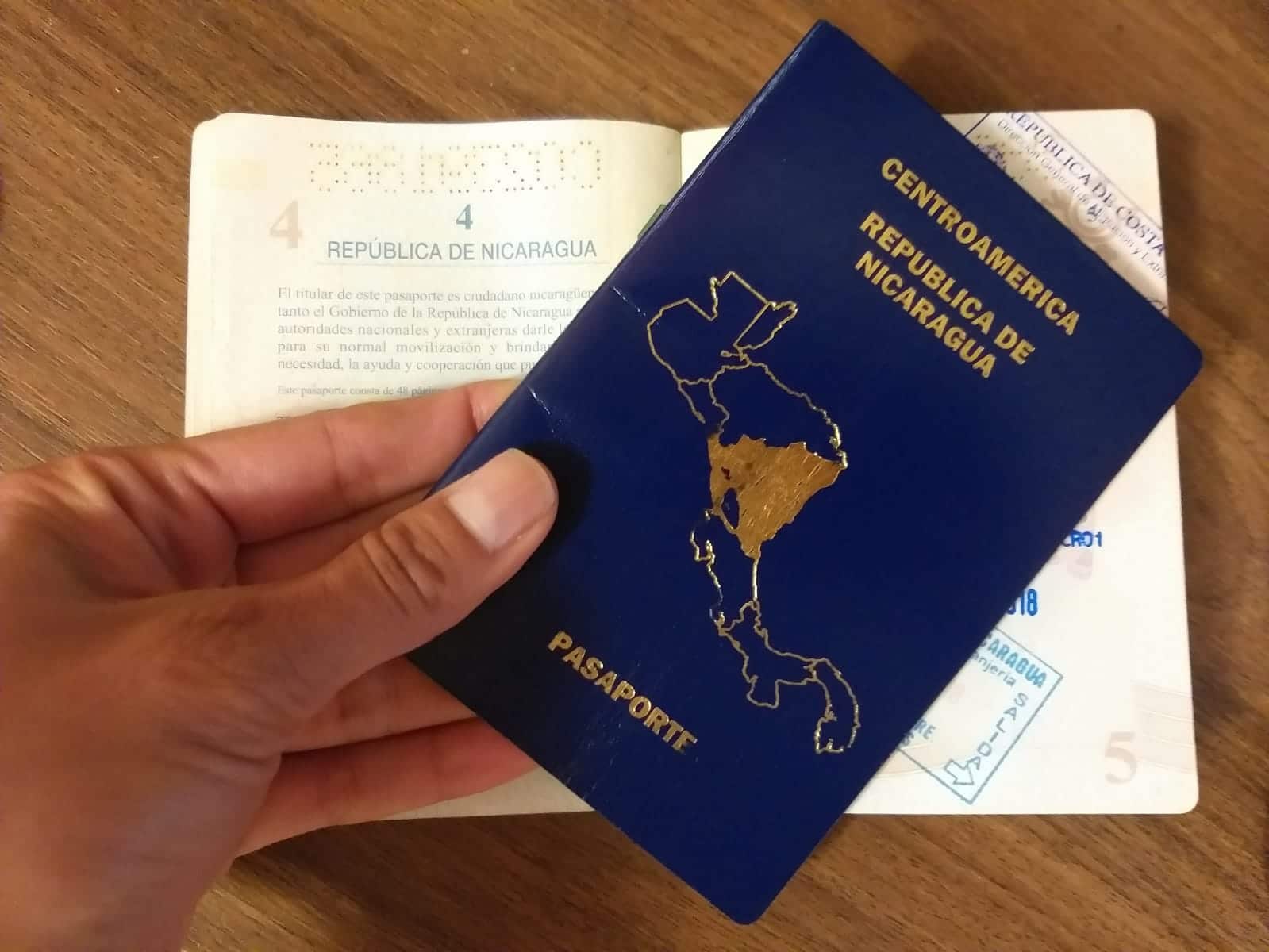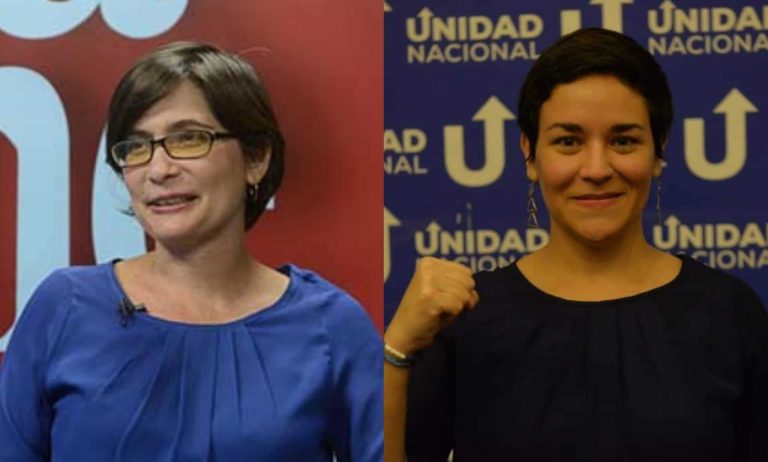29 de diciembre 2022

Nicaragua: Public Employees Hindered from Traveling to USA

PUBLICIDAD 1M
PUBLICIDAD 4D
PUBLICIDAD 5D
An investigation exposes the Ortega-Murillo regime’s use of criminalization as a systematic tool for control

An investigation exposes the regime’s use of criminalization of human rights advocates as a systematic tool for control in Nicaragua
Criminalizing human rights advocacy and political dissidence “has been one of the principal instruments of control” used by the Nicaraguan regime of Daniel Ortega and Rosario Murillo, during their sharp pivot towards totalitarianism in recent years. That’s the warning from the Center for Justice and International Law (Cejil) and the Meso-American Initiative of Women Human Rights Defenders (IM-Defensoras).
The two organizations collaborated on an investigation and subsequent report entitled: “Persecuted for defending and resisting: the criminalization of women human rights defenders in Honduras, Nicaragua, and Mexico.” According to the final document presented in San Jose, Costa Rica, the investigation concluded that criminalization has be used “in a recurrent way” by the regime.
“Since before 2018, criminalization had already been used repeatedly by the government of Daniel Ortega to persecute feminists, after they supported the [1998] denunciation for rape that Zoilaamerica Narvaez – daughter of Ortega’s current wife and vice president Rosario Murillo – filed against [Ortega]; and again, when they opposed the extreme penalization of abortion that Ortega instituted as part of a [2006-7] pact with the Catholic Church hierarchy,” the document asserts.
Another case of criminalization employed by the regime and documented in this research report was aimed against Francisca Ramirez, a farm leader, and all the rural people who raised their voices in opposition to an Inter-Oceanic Canal megaproject that Ortega was promoting. The project, which subsequently never got off the ground, threatened the land and livelihoods of many farm communities in the south of Nicaragua.
The investigation emphasizes that the criminalization in Nicaragua “goes beyond just [bogus] legal processes” and is manifested in “a multiplicity of violent actions,” such as accusations, smear campaigns, harassment, canceling organizations’ permission to operate, civil death, emigration restrictions or banishment, among others. These acts have all had serious repercussions on the lives and struggles of the advocates and their families.
The human rights defenders who serve as lawyers for the political prisoners, “affirm that as part of the criminalization processes [against them], they also face the retention or canceling of their trial lawyers’ licenses, or the threat of such action, both of which generate great concern and frustration,” the document states. Both the attorneys and the prisoners’ families have indicated that they’re subjected to extreme searches and controls during any entrances and exits to the country’s penitentiaries.
“The strategies employed by the Government vary and intensify as they adopt ever more violent and authoritarian postures. In addition, they increase according to the degree to which the advocates persist in their defense of human rights, going from actions such as police sieges or police taking their pictures to investigations that ease the way for them to later prosecute the advocates under criminal law,” the report highlights.
Currently: “In Nicaragua there are more than 200 political prisoners, 21 of them women. Among these are a number of feminists and human rights advocates, such as the case of Tamara Davila, who was one of the defenders who participated in the investigation. She, like the rest of the female political prisoners, continues being deprived of her freedom under inhumane conditions of zero communication, isolation and a lack of minimal health standards,” the document continues.
Among others who participated in compiling the chapter on Nicaragua was Silvia Gutierrez, a political activist and daughter of political prisoner Evelyn Pinto, as well as human rights defenders Ana Quiros, Alexandra Salazar, and Wendy Flores. All of the testimonies were gathered virtually, including five individual interviews and four focus groups that included the participation of female lawyers in charge of the court cases.
The report notes: “The defenders who’ve been criminalized include women who come from different struggles. Many of them have had long years of activism, with vast experience in defending women’s rights, but the sociopolitical and human rights crisis that exploded in 2018 forced them to work on topics related to political violence and to attend the cases of women who were criminalized and political prisoners.”
The investigation emphasizes that the sociopolitical crisis that Nicaragua is going through, “marked the transition to a scenario in which the defense of human rights takes place in a context of total hostility, and in which the methods previously utilized to put the brakes on State violence no longer function.”
This article was originally published in Spanish in Confidencial and translated by Havana Times
PUBLICIDAD 3M
Confidencial es un diario digital nicaragüense, de formato multimedia, fundado por Carlos F. Chamorro en junio de 1996. Inició como un semanario impreso y hoy es un medio de referencia regional con información, análisis, entrevistas, perfiles, reportajes e investigaciones sobre Nicaragua, informando desde el exilio por la persecución política de la dictadura de Daniel Ortega y Rosario Murillo.
PUBLICIDAD 3D